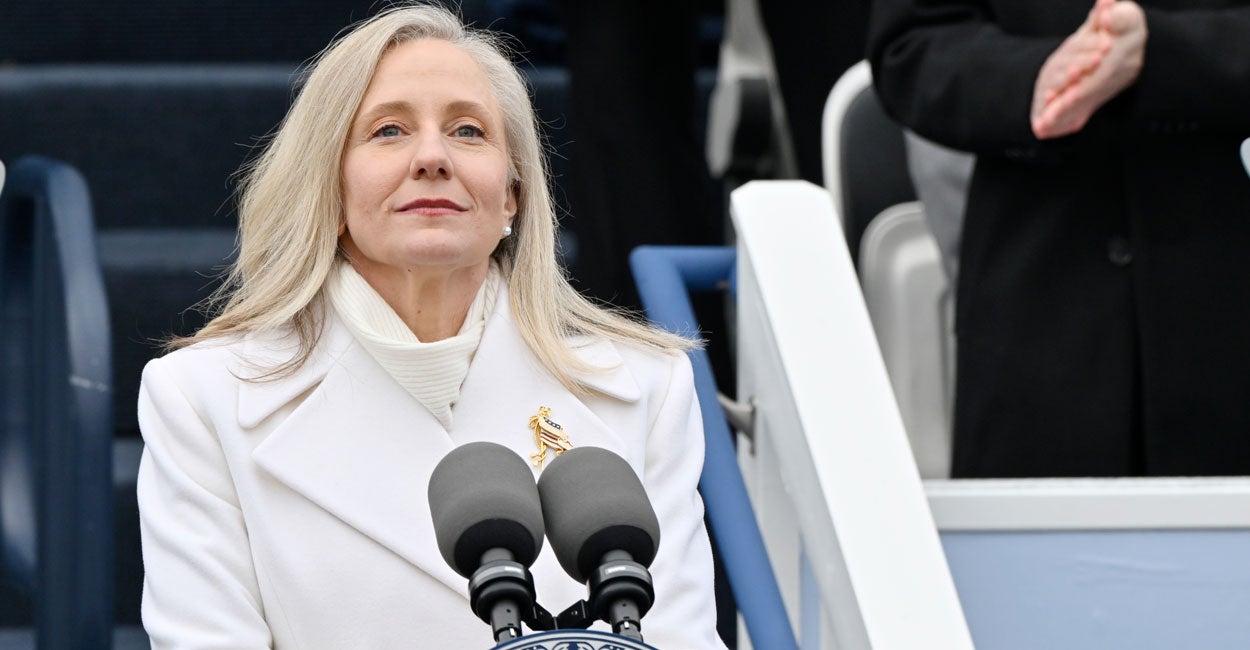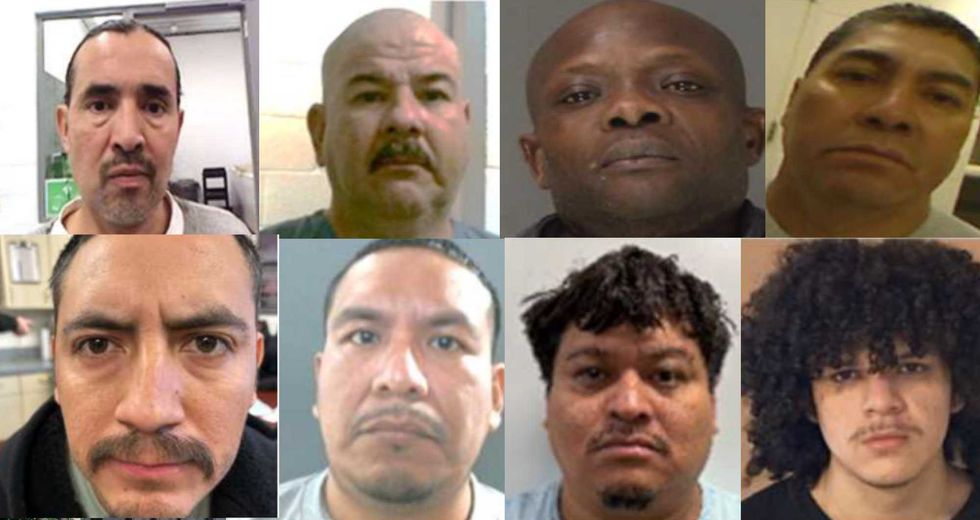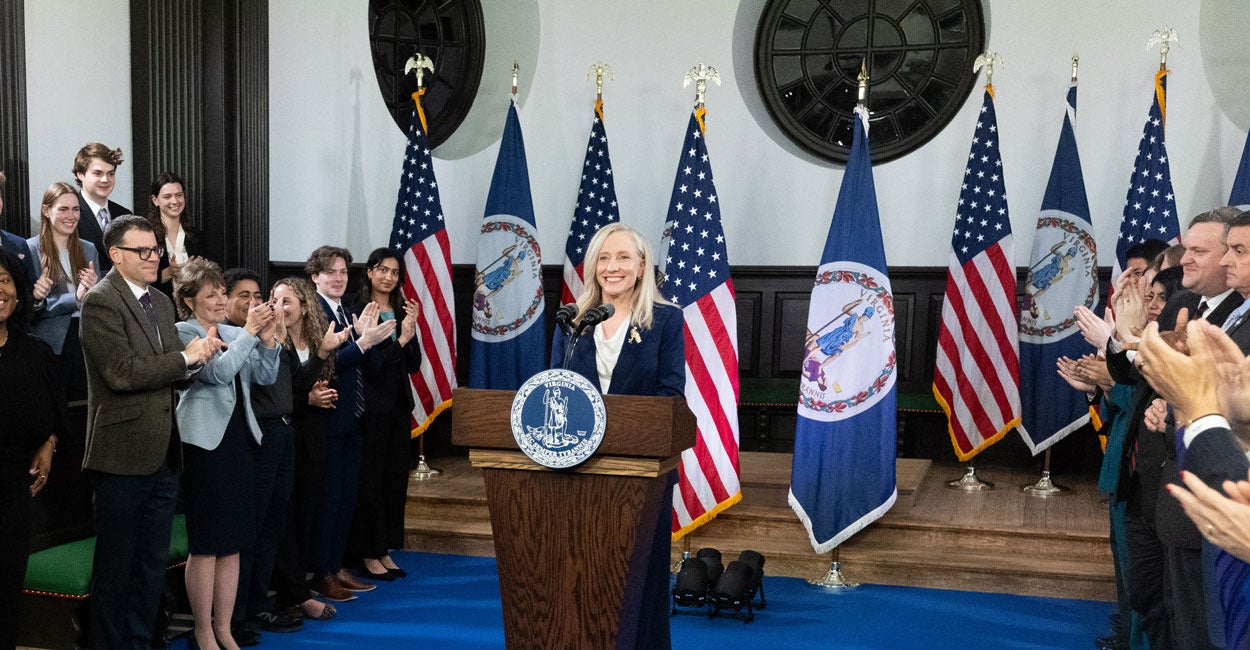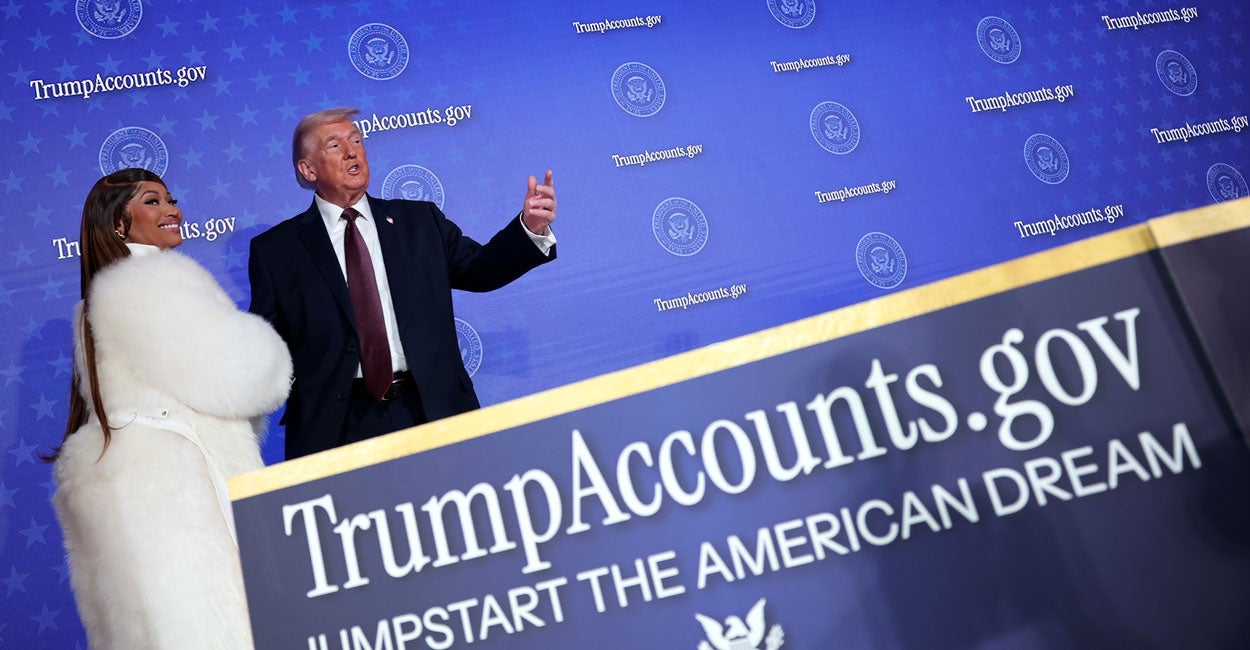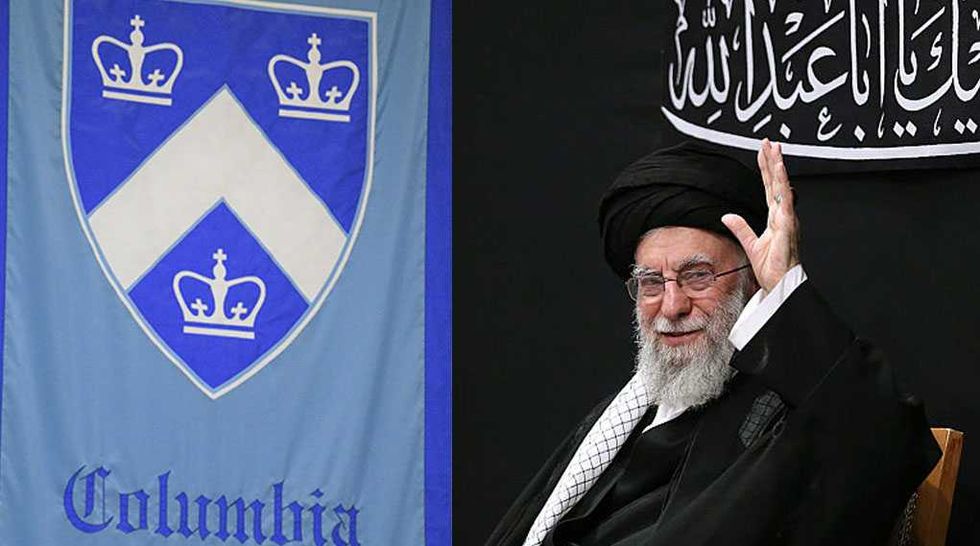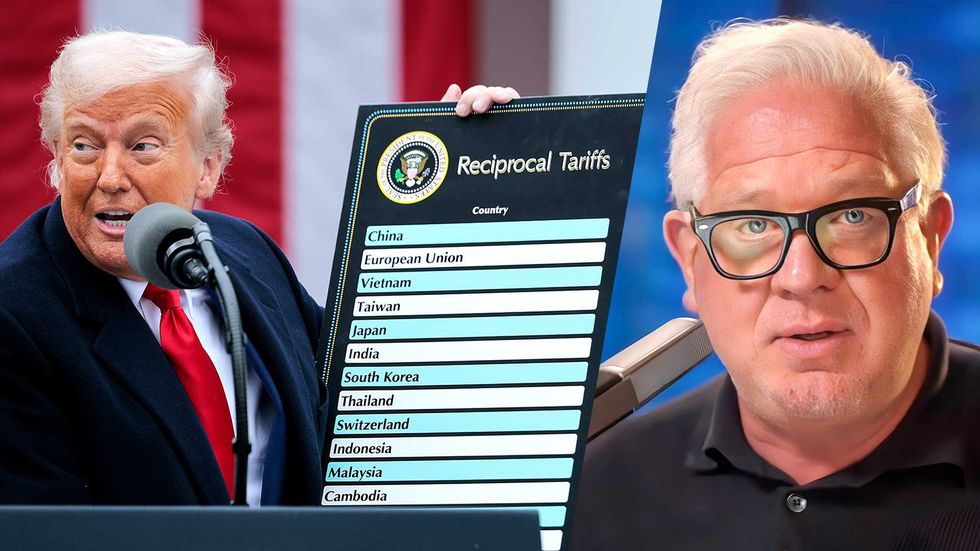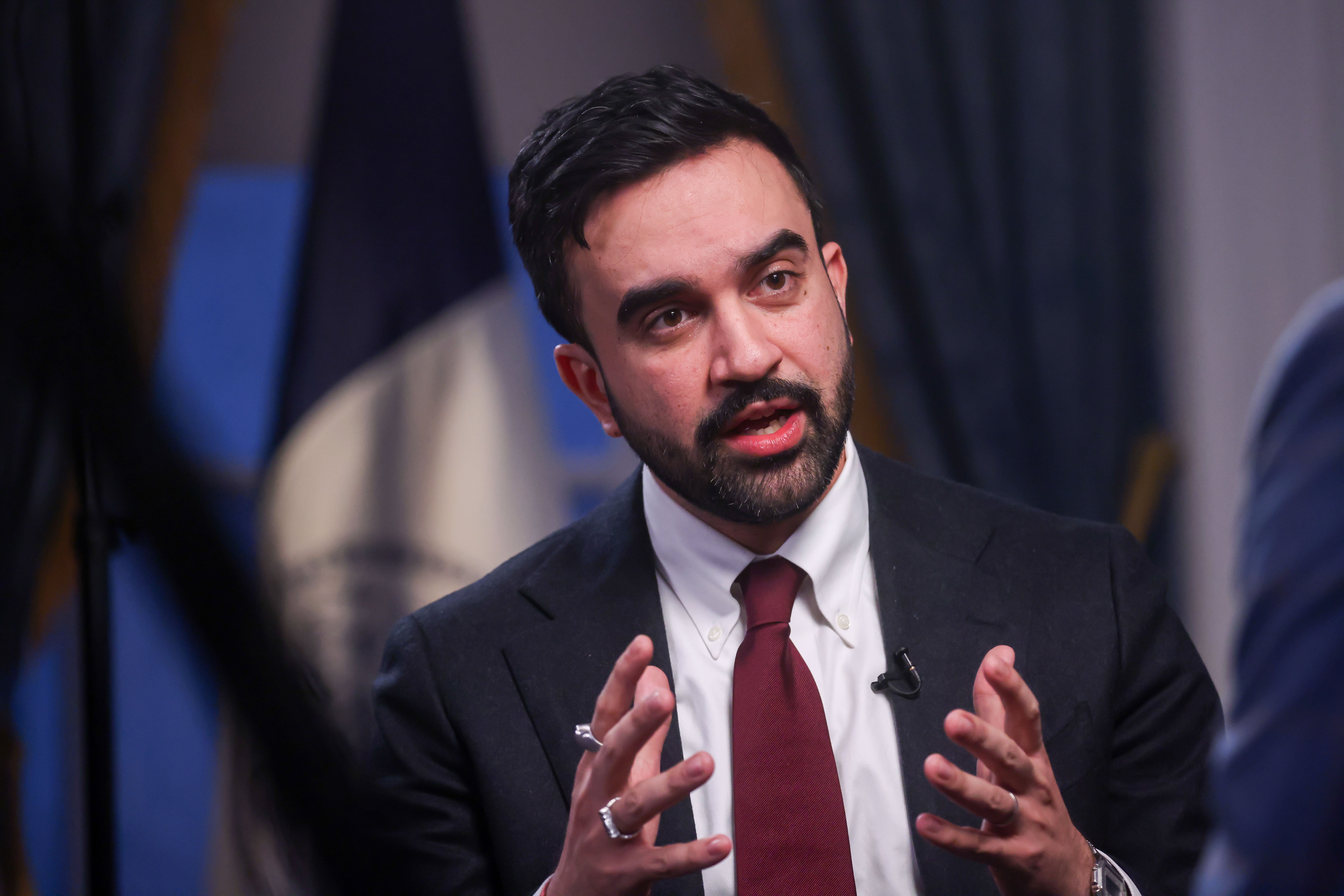Judge Orders Palestinian Activist Mahmoud Khalil Deported To Syria Or Algeria

On Wednesday, a Louisiana immigration judge ruled that pro-Palestinian activist Mahmoud Khalil can be deported to Syria or Algeria, saying the extension of time requested by his attorneys was denied.
Live Your Best Retirement
Fun • Funds • Fitness • Freedom
“The order from the immigration judge, Jamee Comans, came despite a separate order in Khalil’s federal case in New Jersey blocking his deportation while that court considers Khalil’s legal argument that his detention and deportation are unlawful retaliation for his Palestinian advocacy,” Politico reported.
In April, Comans ruled that Khalil – who was detained over his actions leading anti-Israel protests at Columbia University — could be deported, giving him until April 23 to appeal the decision.
Judge Comans cited the letter from the Secretary of State Marco Rubio finding that the Khalil’s presence in the United States had potentially serious adverse foreign policy consequences for the United States, noting, “As previously found by this Court, the Immigration Judge lacks authority to question foreign policy determinations made by the U.S. Secretary of State.”
Rubio had written that Khalil had led “antisemitic protests and disruptive activities, which fosters a hostile environment for Jewish students in the United States.” Khalil led American undergraduates at Columbia University in actions in support of Hamas after its October 7, 2023, attack. “He served as the negotiator on behalf of the occupying students with the university, pressuring the administration to accommodate student demands based on their illegal activity. He helped organize an illegal encampment on the campus that denied access to ‘Zionist’ students,” JNS noted.
“The Court also takes into consideration, as a negative factor, the Respondent’s underlying fraud in the course of applying for adjustment of status,” the judge wrote, adding that Khalil “failed to disclose his involvement, association and participation with United Nations Relief and Works Agency for Palestinian Refugees (UNRWA) and Columbia University Apartheid Divest (CUAD), on his Form I-485. Candid disclosures by the Respondent may have triggered the need for additional information and further processing, involving some degree of discretionary decision-making on the part of the USCIS adjudicator.”
“The evidence shows the Respondent knew of the potential immigration consequences for his involvement in protests organized by varying organizations on campus, including CUAD,” Comans explained. “The Respondent was quoted in the news stating that he did not participate in the protests during this time because he was worried about the immigration consequences of his participation, specifically that he would lose his student visa. … The Court finds the Respondent’s lack of candor and purposeful failure to disclose complete information on the Form I-485 to be significant negative factors. His involvement, association, and participation with CUAD and UNRWA were such that the truth would predictably have disclosed other facts relevant to his qualifications.”
“Finally, there is no indication Congress ever intended an applicant to benefit from a waiver when the applicant willfully and intentionally fails to accurately report information in the post entry process of adjustment of status,” she pointed out. “The waiver was not designed to reward a lack of candor by applicants admitted as immigrant visa holders who then intentionally engage in dishonesty by misrepresenting facts in the application process to adjust status, post entry. A waiver under these conditions would render the application process meaningless and improperly shift the burden to demonstrate integrity of the information provided by the alien onto the United States government.”
“This Court finds that Respondent’s lack of candor on his I-485 was not an oversight by an uninformed, uneducated applicant. This Court finds that the Respondent’s purposeful, non-disclosure was not a misrepresentation by another which imputed consequences to the Respondent. Rather, this Court finds that Respondent willfully misrepresented material fact(s) for the sole purpose of circumventing the immigration process and reducing the likelihood his application would be denied,” she continued.
“This Court cannot and will not condone such an action by granting a discretionary waiver. To do so, would encourage future applicants to take the gamble of materially misrepresenting facts and then seeking a waiver if it is somehow discovered by the U.S. government,” she contended. “The Respondent has failed to meet his burden of proof to establish he is eligible for the waiver, and in the alternative, the Respondent failed to meet his burden of proof to establish that he warrants a favorable exercise of discretion for a waiver under INA § 237(a)(1)(H). Therefore, the request for relief will be denied.”
The judge concluded by ordering that Khalil’s application for asylum regarding Algeria was denied and that his applications for asylum regarding Syria were denied.
Originally Published at Daily Wire, Daily Signal, or The Blaze
What's Your Reaction?
 Like
0
Like
0
 Dislike
0
Dislike
0
 Love
0
Love
0
 Funny
0
Funny
0
 Angry
0
Angry
0
 Sad
0
Sad
0
 Wow
0
Wow
0
